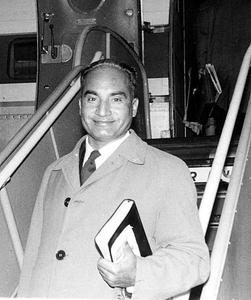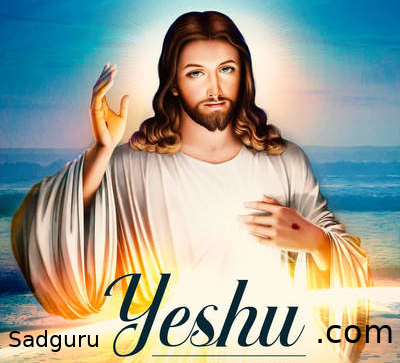
Brother Bakht Singh: The Sikh Convert Who Planted a Movement

Brother Bakht Singh Chabra (1903–2000) was a pioneering Indian Christian evangelist and church‑planter who left a profound legacy in India and beyond. Born into a devout Sikh family in Punjab, he initially resisted Christianity—even tearing up a Bible—until a life‑changing encounter with Christ while studying in Canada led him to faith.
Eschewing Western models, he launched an indigenous church movement rooted in New Testament worship and Indian spirituality. Through Hebron Ministries and annual “Holy Convocations,” Brother Bakht Singh established tens of thousands of local assemblies, earning him the title “Elijah of the 20th Century” in Indian Christianity.
How Bakht Singh Came to Believe in Yeshu
Raised as a Sikh from a traditional family in Punjab, Bakht Singh was educated at a Christian missionary school and later studied agricultural engineering in England and Canada. Despite this exposure, he remained “bitter against Christianity,” even burning Bibles in protest.
His life was radically transformed in 1929 while he was in Canada. After rejecting Christianity’s promises, he experienced a profound spiritual breakthrough:
“the Spirit and life of Jesus Christ entered into my life,” he later recounted.
On February 4, 1932, Bakht Singh was baptized in Vancouver, after which he began preaching—sharing both his testimony and the gospel publicly in North America.
Ministry and Message
Returning to India in 1933, Bakht Singh faced rejection from his family, who asked him to conceal his faith to maintain family honor—an offer he declined . Homeless but undeterred, he began street preaching in Bombay, reaching large crowds solely through prayer and dependence on God.
In 1941, after a night of prayer near Chennai, he introduced the concept of annual “Holy Convocations”—open‑air, multi‑day gatherings rooted in Levitical feasts. These events, held in cities like Madras, Hyderabad, and Ahmedabad, drew thousands and helped spawn an indigenous, New Testament‑pattern church movement.
He passionately taught the believer‑priesthood: that every believer is equally ordained before God—a radical departure from clerical hierarchy.
Legacy and Influence
By the time of his death in 2000, Brother Bakht Singh had established over 10,000 independent local assemblies across India and South Asia under the banner of Hebron Ministries.
His impact was recognized by leaders like J. Edwin Orr, who compared him with Moody and Finney, and Ravi Zacharias, who praised his immense spiritual influence.
He was revered for his devotion, simplicity, and focus on Scripture. His preaching, often open‑air and unadorned, relied entirely on prayerful dependence on the Lord and became a model of contextualized, indigenous Christianity.
Even today, many churches he inspired continue to meet in simplicity, uphold New Testament patterns, and embody a sincere, Indian expression of faith.
Would You Like to Learn More?
Web Site: https://www.brotherbakhtsingh.com/
Web Site: https://brotherbakhtsingh.org/
His writings: https://www.cbfonline.church/Groups/347316/Bakht_Singh_Books.aspx

